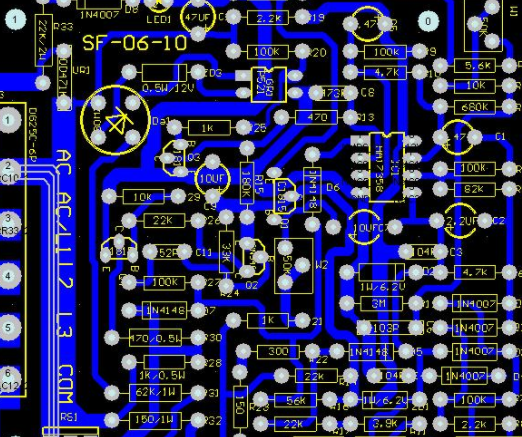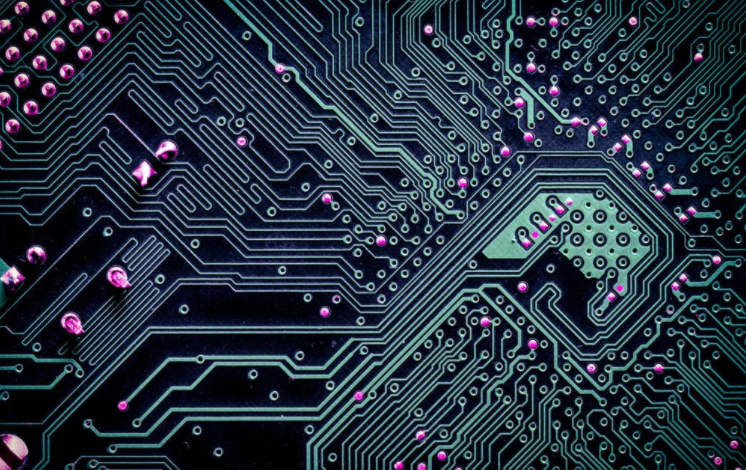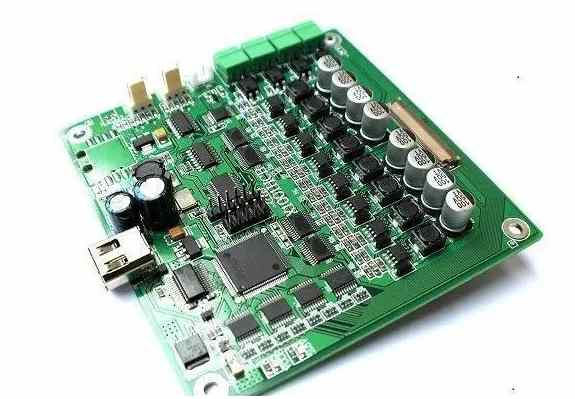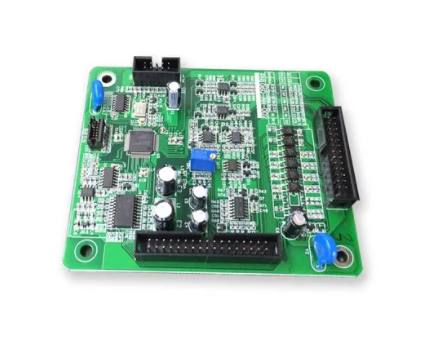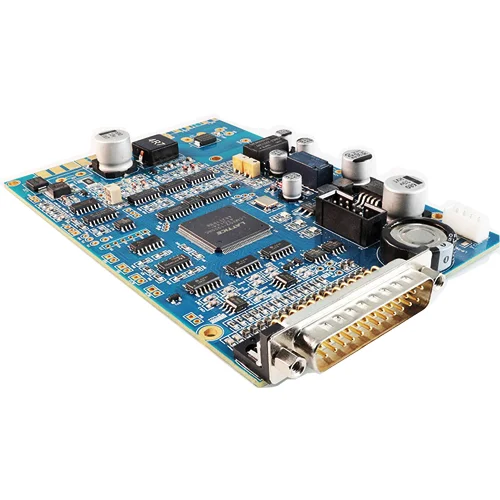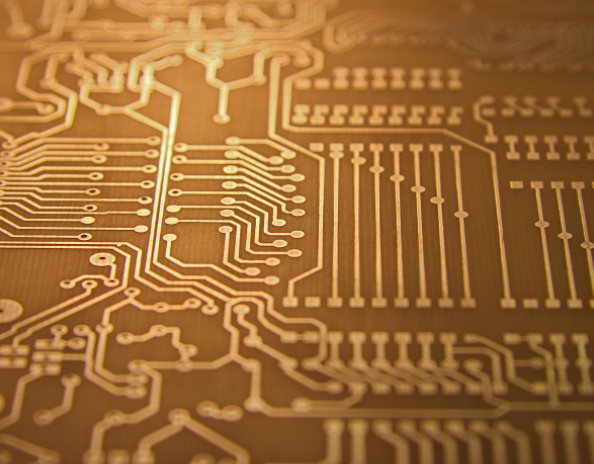
Talking about the Layered Planning in PCB Layout Design
PCB layout designers are usually not involved in planning the stack of layers used to build the boards they are designing In order to set the design tool, obviously, they must know the correct number of layers and their configuration, but otherwise, they will not have any further interaction This is mainly due to three reasons: performance requirements for PCB are not as strict as they are now Less PCB boards are used for manufacturing PCB board design tools do not have the complicated layer stack and configuration functions Thankfully, the current layout process of this part of PCB is very different, because most of the main design tools are equipped with advanced PCB layer configuration functions Having said that, the designer is still responsible for completing the process of including the correct layers for his design We will review this process and discuss some ideas for building and configuring layer stacks in PCB design software
PCB board
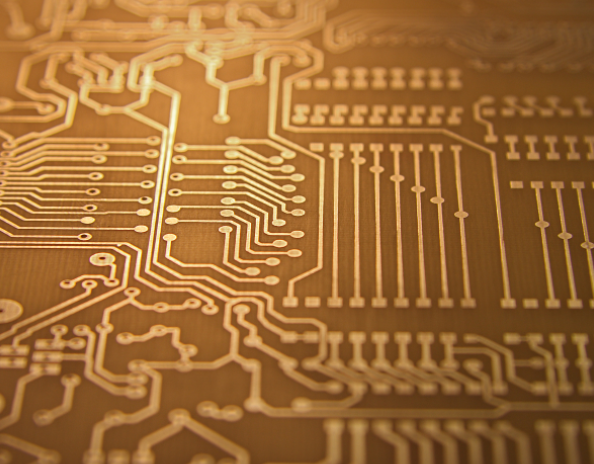
The number of layers on the PCB is directly related to the number of networks to be routed With PCB boards, the number of components has also increased, and finally the number of nets has also increased At the same time, the complexity of active components and the number of pins are also increasing, which increases the net count on the board These new answers are to reduce the trace width or increase the number of layers on the circuit board, or both, which unfortunately leads to higher manufacturing costs And PCB board is newly added, so is the power performance index of the board of directors Designers soon found that the previous cabling required four layers instead of six. In fact, they had to reach eight layers to achieve the desired power efficiency Some reasons for these additional layers include:
1) More room for isolated controlled impedance routing.
2) Differential pair routing is limited to as few layers as possible.
3) Microstrip and stripline layer stack configuration.
4) Additional plane layers for multiple power and ground nets.
With the continuous development of board functions, another factor is introduced in the process of creating stack The higher operating speeds of today's boards may require more board manufacturing information than previously used boards This also applies to high power boards or boards that will be used in harsh environments These data may change the circuit transmission line characteristics originally calculated for the standard FR-4 data, which may also require changing the layer stack configuration
Using today's advanced electronic equipment, it is essential to create the correct circuit board layer stack to ensure that the circuit board runs with high performance Because we have just discussed all the requirements, layout designers are facing more pressure than ever before and need to stack correctly Let's look at the other difficulties faced by layout designers Now it is more urgent than ever to bring products to the market The company is not only facing greater competitive pressure, but other forces are also playing a role For example, the recent outbreak of COVID-19 has triggered an upsurge in medical design to put new medical equipment into production and help fight the virus All aspects of the design feel the pressure to meet these needs, and PCB designers are especially faced with the challenge of making PCB complete quickly and without errors As we pointed out earlier, the requirements for layer configuration and plate data are increasingly complex Many designers are not familiar with all these processes or materials and need external help to create the right layers for their designs Some PCB design tools are still not user-friendly, and designers are creating PCB stack This will not only slow down the work speed, but also add frustration to the work, but it will also affect the design level of the circuit board PCB layout designers face many challenges in completing their work This is especially true when trying to create a board stack configuration to ensure that the board works as expected, while at the same time making the circuit board error free and cost free Let's take a look at some of the ways PCB design tools can help designers PCB CAD tools can do many things to help layout designers create and configure PCB layer stacks The first is the merge automatic generator or wizard, as shown in the figure above These tools allow designers to specify the number of layers and configurations of the stack, which requires massive creation in the database Next, the designer can fully control the details of the layer stack, including the ability to specify conductive and dielectric plate data The designer should be able to specify values and tolerances, including how the layers should be laid out when setting layout parameters But not all the help designers need comes from these tools Designers need to have a lot of industry knowledge to better understand the materials and processes they use Here, designers can benefit a lot by establishing relationships with the following people: PCB boards sign contracts with manufacturers to obtain accurate information about creating their layer stacks As mentioned above, manufacturers have been doing this for many years and they are very good at it The layout designer should be encouraged to participate in PCB CM, so as to carry out correct basket PCB design before starting


